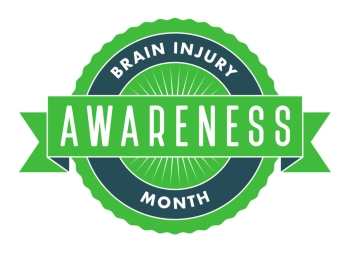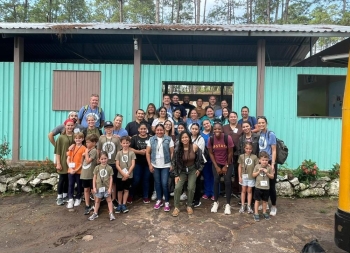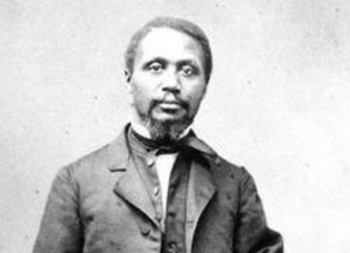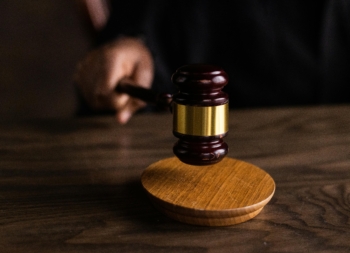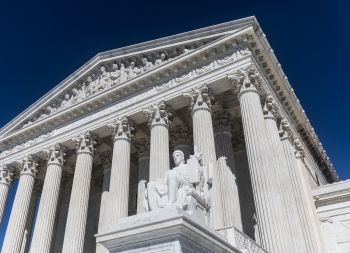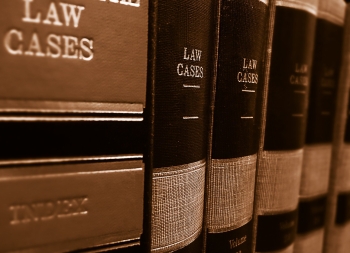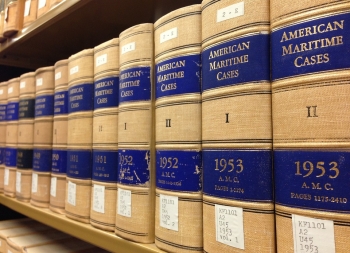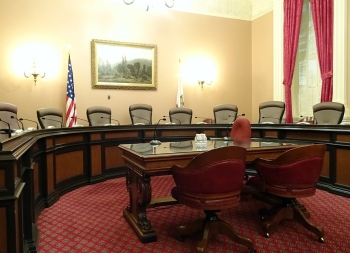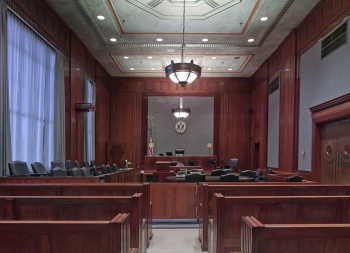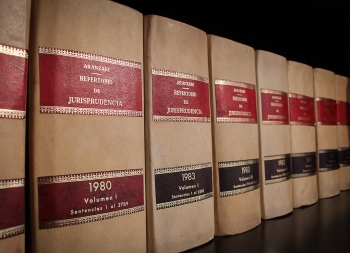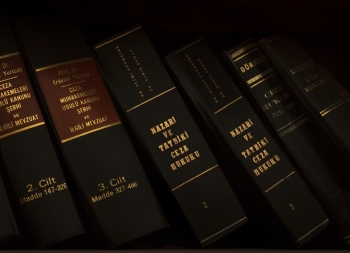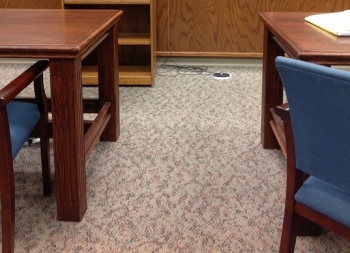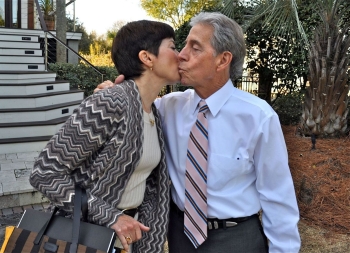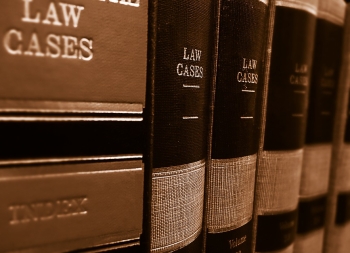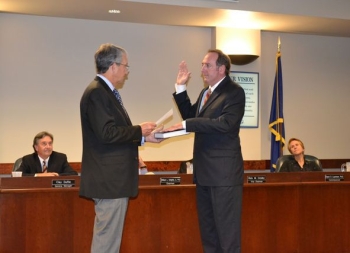Legal Update: Intentional Interference with Inheritance
What happens when one person influences another to make significant changes to their will or estate plan, causing their beneficiaries to wrongfully lose out on part or all of their inheritance?
Many states recognize a cause of action called the intentional interference with inheritance. This cause of action under tort law creates liability for someone who wrongfully prevents another person from receiving an inheritance, a lifetime gift, or an at-death benefit.
Understanding Intentional Interference with Inheritance
This type of interference can arise when an individual exerts undue influence, coerces, or manipulates someone into altering their estate plan, or even tampering with or destroying estate planning documents. Notably, this tort is distinguished from a will contest, which concerns the capacity or “free will” of the testator in preparing their will.
If the wrongdoer’s actions result in the beneficiary receiving a diminished share of the estate or being unfairly disinherited, they may be entitled to damages from the “interferer” themselves. The legal remedies for intentional interference with inheritance may include monetary damages, punitive damages, and injunctive relief to prevent further interference.
Currently, South Carolina does not recognize intentional interference with inheritance as a cause of action. Moreover, our courts have not rejected it, and there are a few reasons why South Carolina is likely to adopt it as a valid cause of action.
5 Reasons Why South Carolina is Likely to Adopt Intentional Interference with Inheritance as a Cause of Action
1. Prediction in Wellin v. Wellin
In 2015, the court in Wellin v. Wellin predicted that South Carolina would adopt the cause of action for intentional interference with inheritance if given the opportunity. Despite not yet being officially recognized, the court suggested that the necessary elements for establishing this cause of action are present in South Carolina’s legal landscape. These elements derive from dicta by the Supreme Court of South Carolina, recognition in legal treatises such as the Restatement (Second) of Torts, and relevant case law indicating a likelihood of acceptance. Wellin v. Wellin, 135 F.Supp.3d 502 (D.S.C. 2015).
2. Supreme Court Precedent: Douglas v. Boyce
In Douglas ex rel Louthian v. Boyce, our Supreme Court noted that most jurisdictions had already adopted the tort of intentional interference with inheritance. It also mentioned the closely analogous and already recognized tort of intentional interference with prospective contractual relations, stating that the intentional interference with inheritance is an extension of an already recognized tort, suggesting a potential alignment.
Similarly to intentional interference with inheritance, the intentional interference with prospective contractual relations creates liability for a third party who maliciously interferes with a contractual relationship.
The court also outlined the elements that plaintiffs would likely need to prove to be successful under the cause of action. The elements include:
- The existence of an expectancy;
- An intentional interference with that expectancy through tortious conduct;
- A reasonable certainty that the expectancy would have been realized but for the interference; and
- Damages
Douglass ex rel. Louthian v. Boyce, 344 S.C. 5 n. 4, 545 S. E. 2d. 715 n. 4 (2001).
3. Fabian v. Lindsay – Attorney Malpractice in Drafting a Will
In Fabian v. Lindsay, the South Carolina Supreme Court recognized a cause of action in both tort and contract “by a third party beneficiary of an existing will or estate planning document against a lawyer whose drafting error defeats or diminishes the client’s intent.” 410 S.C. 475, 765 S.E.2d 132, 141 (2014). In this instance, the court determined that beneficiaries have the right to pursue damages from a testator’s attorney for malpractice. While the attorney’s actions may have been negligent rather than intentional, this case’s ruling bolsters the argument that South Carolina is likely to embrace the tort of intentional interference with inheritance. It underscores the principle of holding individuals accountable when their actions impact a beneficiary’s inheritance.
4. Majority Adoption by Other Jurisdictions
As the court mentions in Wellin, the majority of other jurisdictions have recognized intentional interference with inheritance. This suggests that the foundation is laid for the South Carolina courts to follow suit. Recognition of this tort would allow for a more plaintiff-friendly environment in disputes related to inheritance.
While the majority of other jurisdictions have recognized this tort, there are states that have either refused to recognize the cause of action or require it to be brought in conjunction with a will contest. States that do not recognize the cause of action include Kentucky, Virginia, New York, Texas, and South Dakota, amongst others.
5. Influence of the Restatement (Second) of Torts
In the past, the Restatement (Second) of Torts (1979) has influenced South Carolina Supreme Court decisions and demonstrates a tendency to follow its guidance. The Restatement (Second) of Torts § 774B states, “One who by fraud, duress, or other tortious means intentionally prevents another from receiving from a third person an inheritance or gift that he would otherwise have received is subject to liability to the other for loss of the inheritance or gift.”
Given the court’s history of aligning with principles outlined in the Restatement, it is likely that intentional interference with inheritance will be similarly embraced.
Navigating the Changing Legal Landscape
Recognition of the tort of intentional interference with inheritance would deter wrongdoing and help protect beneficiaries who otherwise do not have a remedy in a probate proceeding. While there is plenty of evidence supporting the theory that South Carolina will likely recognize the cause of action if given the opportunity, there are still other states have been less likely to adopt the tort.
You can learn more about legal remedies and options by reading more about our probate and estate litigation practice or contacting our office to schedule a consultation.








































